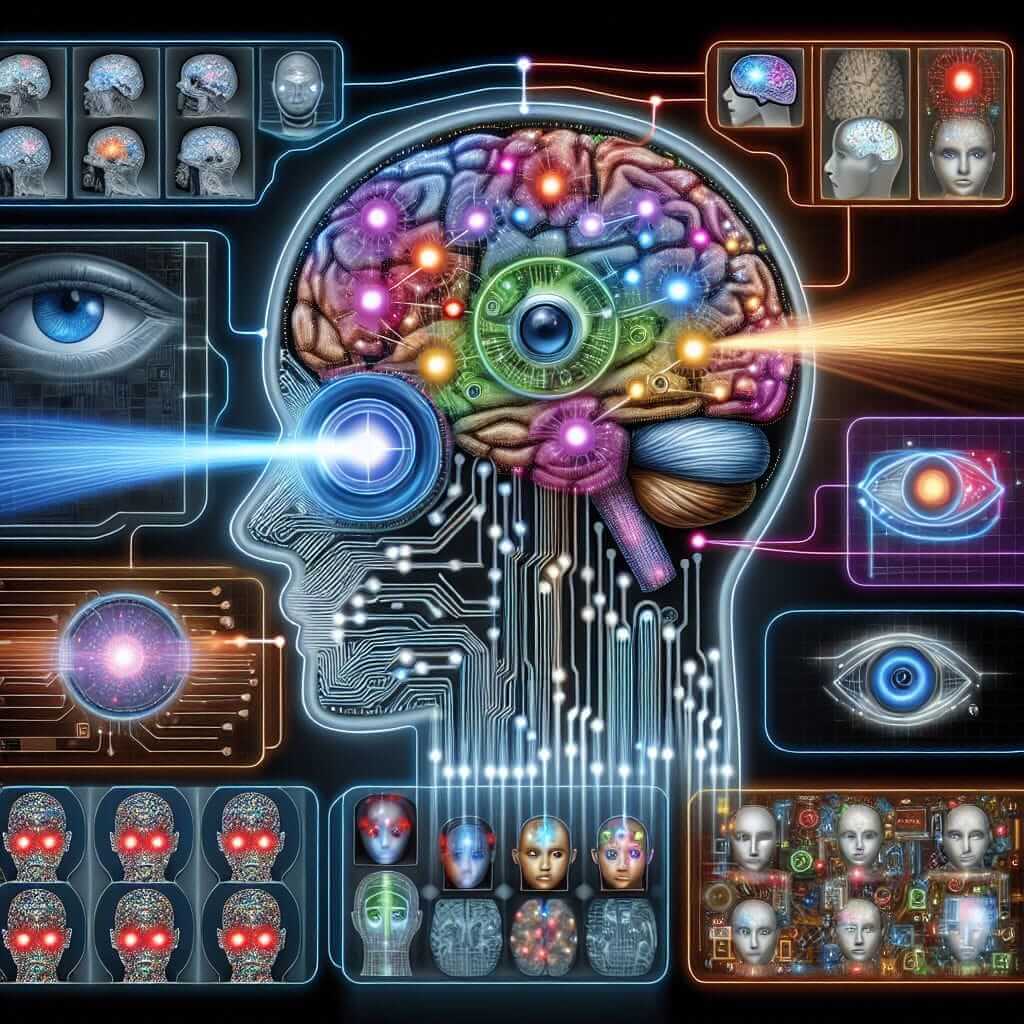In the IELTS Reading section, you’ll encounter texts on a wide range of topics, often reflecting current trends and research in various fields. One such topic that has gained significant attention in recent years is the implications of Artificial Intelligence (AI) in mental health diagnosis. This article will provide you with a detailed reading practice to help you prepare for the IELTS exam.
The topic of AI in mental health is timely and relevant. It has been the subject of much discussion in academic circles given the potential benefits and risks associated with using AI to diagnose mental health conditions. This reading practice aims to simulate an actual IELTS reading test by providing you with a passage, questions, and answers, along with an analysis of common mistakes and vocabulary.
Reading Passage: Medium Text
The Implications of AI in Mental Health Diagnosis
Artificial Intelligence (AI) is revolutionizing many industries, and mental health care is no exception. AI’s ability to analyze vast amounts of data quickly and accurately makes it a promising tool for diagnosing mental health conditions. The potential uses of AI in this field are numerous, ranging from identifying early symptoms to proposing personalized treatment plans.
One of the primary implications of AI in mental health diagnosis is its ability to provide early detection. Traditionally, mental health conditions are diagnosed based on self-reported symptoms and clinical evaluations, which can be subjective. AI, however, can analyze patterns in data that are not immediately apparent to human diagnosticians. For example, AI algorithms can examine speech patterns, social media activity, and even facial expressions to identify signs of depression, anxiety, and other mental health issues.
Moreover, AI can lead to more personalized treatment plans. By analyzing the specific symptoms and history of an individual, AI can suggest tailored interventions that are more likely to be effective. This can greatly improve the effectiveness of treatments and reduce the trial-and-error approach commonly used in mental health care.
However, the use of AI in mental health diagnosis is not without challenges. One of the main concerns is the accuracy and reliability of AI algorithms. While AI has shown promise in diagnosing certain conditions, there is still a risk of false positives and negatives. Ensuring the ethical use of AI and protecting patient privacy are also critical issues that need to be addressed.
Another implication is the potential reduction in the stigma associated with mental health issues. AI can provide a more objective diagnosis, which might help reduce the biases and stereotypes that often accompany mental health conditions. By approaching mental health from a data-driven perspective, AI can contribute to a broader understanding and acceptance of these issues.
In conclusion, AI has the potential to transform mental health diagnosis by improving early detection, personalization, and reducing stigma. However, it is crucial to address the ethical and practical challenges to fully realize these benefits.
 AI in Mental Health Diagnosis
AI in Mental Health Diagnosis
Reading Questions
Multiple Choice Questions
-
What is one of the primary benefits of AI in mental health diagnosis mentioned in the passage?
a. Increased cost of treatments
b. Early detection of mental health conditions
c. More human interaction
d. Longer clinical evaluations -
How does AI provide personalized treatment plans?
a. By generic suggestions
b. By analyzing data that may not be apparent to human diagnosticians
c. By increasing the stigmatization of mental health issues
d. By using a trial-and-error approach
Identifying Information (True/False/Not Given)
-
AI has already replaced human psychologists in diagnosing mental health conditions.
- True
- False
- Not Given
-
One concern about AI in mental health is related to patient privacy.
- True
- False
- Not Given
Matching Information
Match each implication (5-7) with the correct effect (a-c).
5. Early detection
6. Personalized treatment plans
7. Reduction in stigma
a. Improved treatment effectiveness
b. Objective diagnosis reducing biases
c. Analysis of patterns not apparent to humans
Answer Key
-
b. Early detection of mental health conditions
- AI’s ability to analyze patterns that are not immediately apparent to human diagnosticians aids in early detection.
-
b. By analyzing data that may not be apparent to human diagnosticians
- Personalized plans are suggested based on the specific symptoms and history of an individual.
-
False
- The passage does not state that AI has replaced human psychologists.
-
True
- The passage mentions concerns about the accuracy and reliability of AI algorithms and the ethical use of AI in patient privacy.
-
c. Analysis of patterns not apparent to humans
-
a. Improved treatment effectiveness
-
b. Objective diagnosis reducing biases
Lessons Learned
Common Mistakes
- Misunderstanding the context of the passage can lead to incorrect answers, especially in True/False/Not Given questions.
- Failing to match implications with their correct effects due to overlooking subtle hints in the text.
Key Vocabulary
- Revolutionizing (verb): [ˌrɛvəˈluːʃənaɪzɪŋ] – Causing a complete change.
- Diagnosticians (noun): [ˌdaɪəɡˈnɔstɪʃənz] – Experts who diagnose diseases.
- Algorithmic (adjective): [ˌælɡəˈrɪðmɪk] – Relating to a process or set of rules to be followed in calculations or problem-solving operations.
- Personalized (adjective): [ˈpɜrsənəˌlaɪzd] – Made or done to order; customized.
Grammatical Structures
- Subjective vs Objective: Understanding how to describe opinions and biases versus factual or data-driven conclusions.
- Comparative and Superlative forms: Example: “more effective” indicating higher degree of effectiveness.
Advice for High Reading Scores
- Practice Regularly: Regular practice helps in understanding various types of questions and passages.
- Time Management: Allocate your time wisely, ensuring you can answer all questions.
- Mock Tests: Take mock tests to get familiar with the test format and timing.
- Vocabulary Building: Focus on improving your academic vocabulary.
In summary, AI’s implications in mental health diagnosis present a rich and complex topic suitable for IELTS reading practice. By following the structured approach provided here, you can enhance your skills and confidence in tackling similar reading passages on the IELTS exam.


